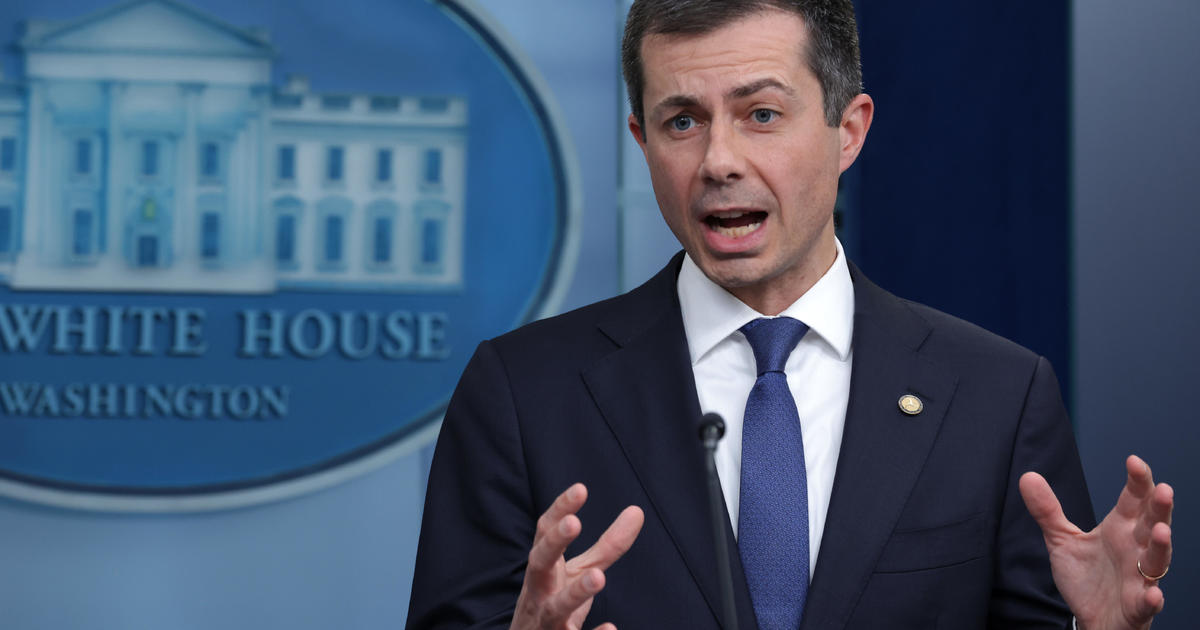Ivy League costs creep close to $90,000 per year: "Prices just keep going up"
High school seniors are now receiving their college acceptance letters, and perhaps a dose of sticker shock. The cost of some Ivy League colleges is approaching $90,000 a year, while elite liberal arts colleges are also boosting their total prices to more than $80,000 annually.
The seemingly endless upward spiral comes amid an increasingly competitive environment to gain access to highly ranked schools. Brown University, for instance, says that its total cost of attendance, including tuition, room and board and indirect personal costs, will be almost $88,000 for the 2023-24 academic year. Cornell on Monday announced that its tuition and other costs for the next year — which likewise includes tuition, room and board, and personal costs like books and supplies — will top $87,000.
Cornell said its tuition hike represents a 4.4% increase from last year, or lower than the rate of U.S. inflation, which hit a 40-year high in 2022. Meanwhile, Vermont liberal arts college Middlebury College's cost of tuition plus room and board has risen almost 5% to $83,400.
By comparison, the median household income in the U.S. was about $71,000 annually in 2021.
Even relatively modest tuition hikes can leave families already grappling with higher food, rent and other costs feeling more squeezed. A pricier education also may put pressure on students to pursue studies that, while perhaps leading to a higher paying career, they find otherwise unfulfilling.
In other words, a ceramics major at college is probably out the window.
"If your parents can spend upwards of $80,000 a year, you better know what you are going for and get a degree that is going to do something," noted Lainie Leber, a college consultant. "The prices just keep going up."
"Ouch!"
Ivy League universities are set to send out their admissions decisions on March 30, while most other colleges and universities have already sent notices to the class of 2027.
Many of these institutions have massive endowments — Harvard's is $53 billion, for example — which allows them to provide full tuition for many low- and middle-income families. But many other colleges have shallower pockets, and even middle-class families often face steep bills for a child's education.
The issue is a hot topic on college discussion boards, such as College Confidential, where one parent this week asked for advice from other families about paying for their child's acceptance to the University of Notre Dame in a post titled "Difficulty justifying the cost."
"[I]t's a full $82k/year for us, plus a likely 3 to 5% increase each year. This puts the cost of her undergraduate degree at an astonishing $348K!!" the parent wrote. "OUCH!"
Tougher competition
At the same time, winning admission to an Ivy League university or a highly regarded liberal arts schools like Middlebury or Massachusetts' Williams College is getting harder. Last year, the acceptance rates for many Ivy League schools dropped to their lowest on record.
The tougher competition to gain entry to prestigious colleges stems in part from the decision by school to become test-optional during the pandemic, meaning that students don't have to submit SAT or ACT scores with their applications. That opened the floodgates to applicants who might not have tried to gain entry to Harvard without a perfect SAT score, for instance.
- Columbia University drops standardized test requirements for undergraduate admissions
- Harvard says it won't require SAT or ACT scores through 2026
Although the number of applicants to top schools is surging — Harvard last year received 61,000 applications, 7% more than the prior year — the colleges aren't expanding their student enrollment. That, in turn, means acceptance rates are dropping sharply.
To be sure, the financial pressure on families and students to enroll in college is prompting some soul-searching, with critics questioning whether an "elite" education is actually worth the cost. Others are taking aim at college rankings like U.S. News & World Report, which they say reinforce income inequality.
But top colleges have another way to look at their prices. As Brown puts it, "Regardless of a family's financial situation, attending college is a major investment."



